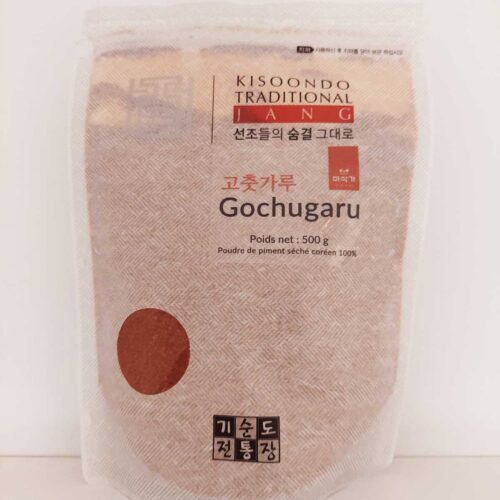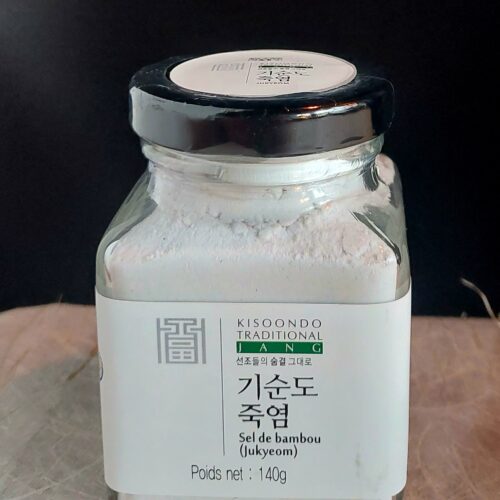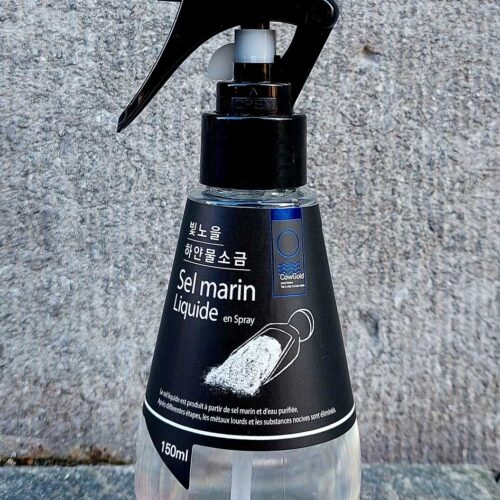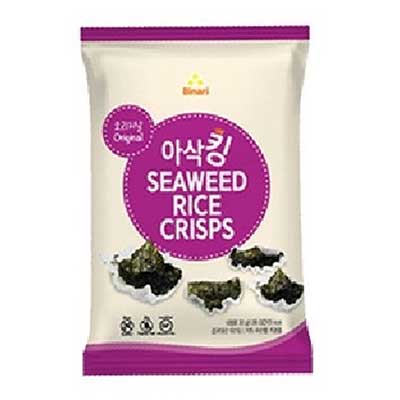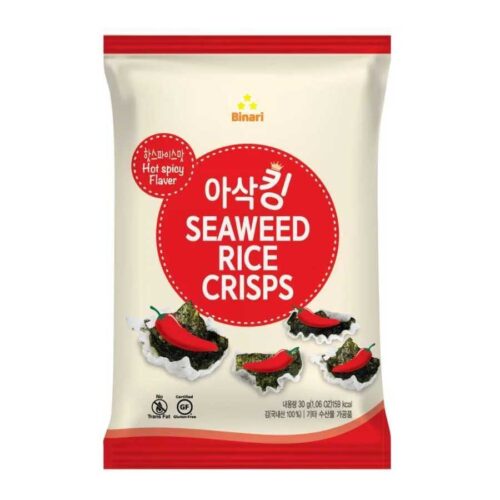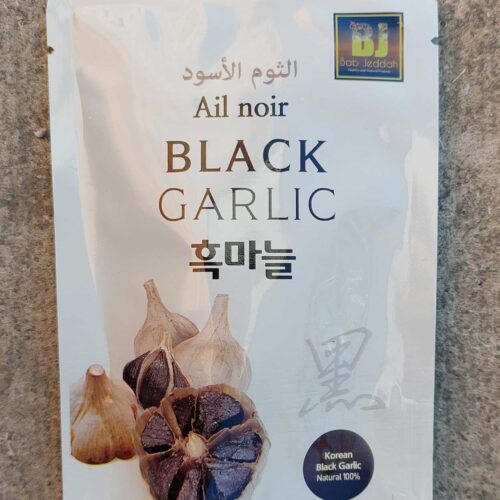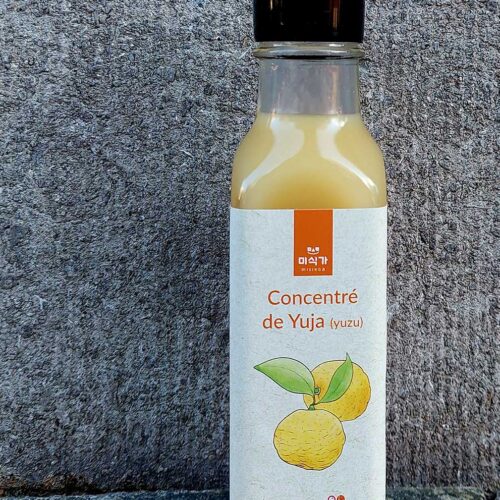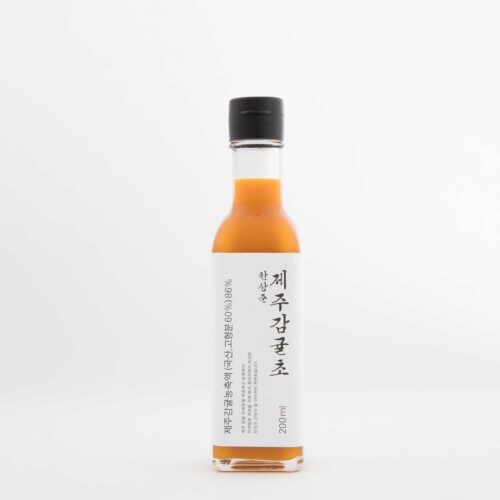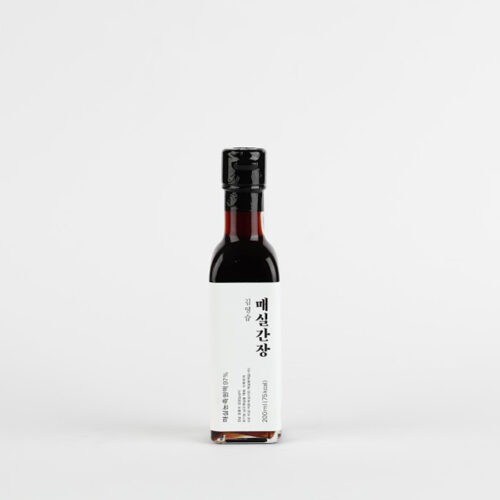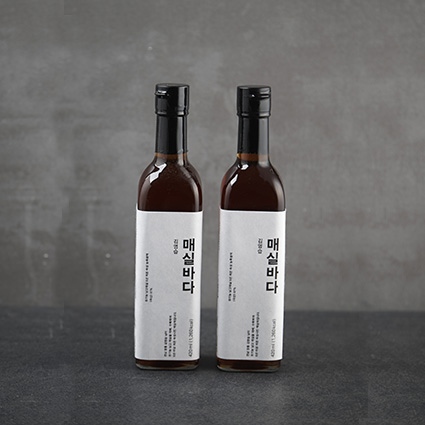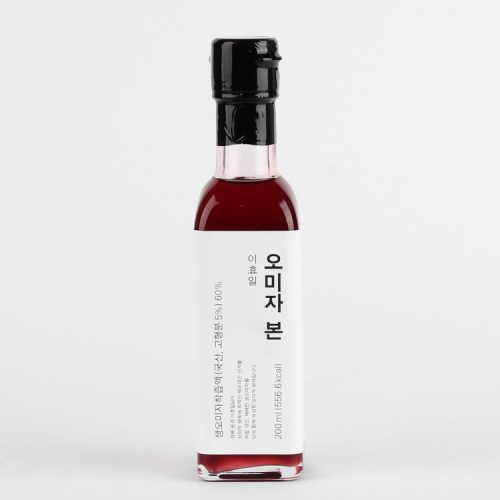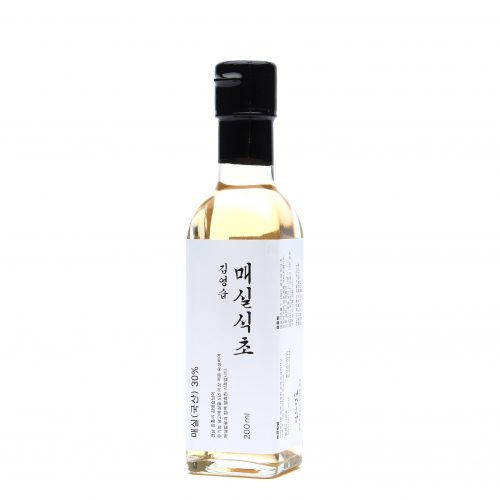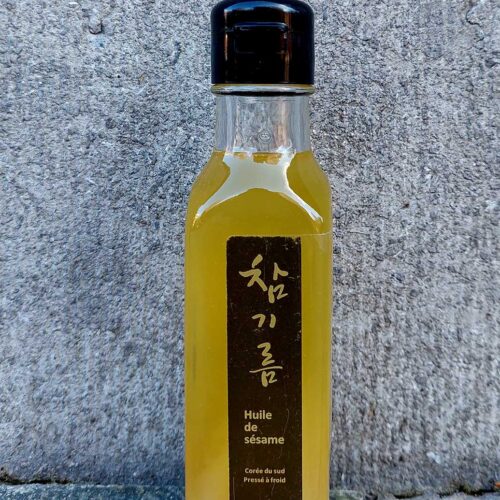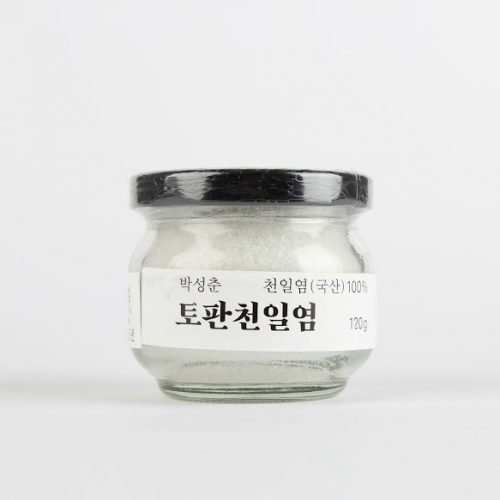Showing all 15 results
Korean chillipepper powder made by famous Korean chef Kisoondo
15.00€Korean chillipepper powder made by famous Korean chef Kisoondo.
Ideal for kimchi, any kind of sauces or dip sauces, fermentation.
Content : 500gr (you can keep it in refrigerator)
Roasted Bambou Salt (Jugyeom)
10.00€Bambou salt is prepared by packing bay salt in a thick bambou stem, and backing it 9 times on high temperature. This bambou salt is made using a time and labor-intensive process.
It tastes light and elegant.
Content : 140gr
Traditional paste (ssamjang) made by famous chef Kisoondo
14.00€Ideal with any kind of grilled food (meat, chicken, etc), bacon, BBQ, dip sauce.
Content : 230gr
Jeju mandarin vinegar
17.00€Mastered by Han Sang-jun
Jeju is a wonderful island under South Korea. The mandarines are their main local fruit which has a very natural silk taste. Han Sang-jun Jeju mandarin vinegar is made with a two-step fermentation process in a vessel made from traditional Korean red clay pottery.
Application: Ideal as vinaigrette with soy sauce and herbs. Fish, seafood and salads.
Content : 200ml
Soy sauce (fermented 1 – 4 years old)
15.00€Mastered by miss Seong.
Classic soy sauce is well known by everybody. But there are variants that offer a completely new dimension of flavour. The Asian plums ‘Ume’ are salted, marinated and dried for some days. This gives them a very salty, even acidic taste. This flavour makes them unique.
Application: warm disches, marinated meat or fried chicken
Look recipes.
Weight : 120 ml
Plum syrup
14.00€Mastered by miss Kim Y.
The Korean plum variant “maesil ” contains many generous citric acids and boosts the metabolism.
The liquid extrait is the primary product that tis made of these 3 years fermented fruits.
The Koreans use it as a substitute for sugar but their are alternative way to enjoy them, like in this syrup.
Very suitable for cocktails. That’s why they call it “the spirit of taste”.Suitable for cocktails, drinks, sauces or yaourt.
Weight: 120ml
Mandarin syrup
12.00€Mastered by miss Seong
Plum vinegar
23.00€Mastered by miss Seong.
Traditional Korean vinegar has had an excellent reputation for its special qualities for ages. In the ancient times already, people were aware of its healing effects. This vinegar stimulates immunity, fights fatigue and strengthens the metabolism. In this same tradition, Myeongin Myeongchon produces a vinegar of superior quality, made of prunes and of grapes.Application: cold drink ½ a shot vinegar with 1 ½ water, salads
Look recipes.
Weight : 200 ml
Sesame oil
15.00€Mastered by mr. Yoon.
Once upon a time people believed that sesame oil ‘gave life’ to people and it was considered as very valuable. Sesame oil is still produced with traditional methods. The refinery process in three phases expels all impurities and preserves the typical flavour of the sesame seeds.
Weight: 120ml
Bay salt
10.00€Mastered by mr. Park
Salt from Park Seong-chun is harvested from August till October, during the warmest months of the year. The salt crystals are fine as dragonfly wings and they melt on the tongue. Because of the slow evaporation in the sunny wads, all bitterness fades away and the salt obtains an incomparably mild taste.
Weight : 120gr

